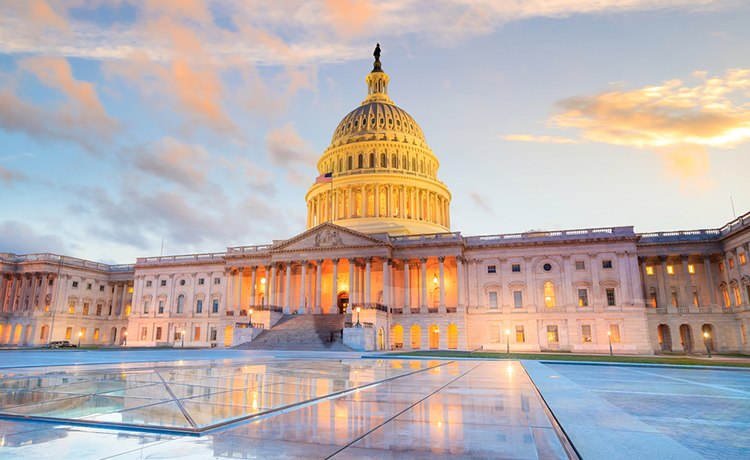Equal Rights Amendment will get a hearing before House Judiciary Committee next week

Image from Shutterstock.
The House Judiciary Committee expects to hold the first hearing on the Equal Rights Amendment in 36 years on Tuesday, April 30, committee chairman Jerrold Nadler recently announced. Nadler (D-N.Y.) has said that passage of the ERA is long overdue, and called it an “embarrassment for our nation” not to have an unequivocal statement in our Constitution guaranteeing equal rights for women when most other countries do.
The ABA has long advocated for gender equality and fully supports ratification of the ERA, adopting policies on it in 1972, 1974 and 2016.

“The ERA is needed to assure that gender equality is recognized as a fundamental, irrevocable right protected by the highest law of the land,” ABA President Bob Carlson said in recent advocacy letters.
Thirty-seven states have already ratified the amendment. Citizens in three other states have been actively urging their government to do the same this year alone. Virginia just voted down ratification, while demonstrations and advocacy efforts are currently ongoing in Arizona and North Carolina.
The ERA was first introduced in Congress in 1972 when women’s equality was subject to national debate. Congress set a 1982 deadline for getting 38 states to ratify the amendment, a deadline that has long since passed. While having one more state ratify the amendment now would be a watershed moment, Congress would still need to resolve issues involving expiration of the previously established deadline before it can become the 28th Amendment to the Constitution. Legislation to address these issues was introduced in the past Congress and may be reintroduced during the 116th Congress.
Although the ABA has not taken a position on proposed legislative solutions, it remains committed to constitutional equality for women and to ratification and implementation of the ERA.
If ultimately ratified, the ERA would allow for three immediate effects:
- It would establish gender equality as a fundamental and irrevocable tenet of our society.
- It would require judges to apply the highest level of scrutiny in deciding sex discrimination cases.
- It would protect and reinforce existing gender equality laws.
As Justice Ruth Bader Ginsburg has said, “Just like freedom of speech (and) freedom of press, a fundamental tenet of our society should be the equal citizenship stature of men and women, and that’s what the Equal Rights Amendment would do.”
This report is written by the ABA Governmental Affairs Office and discusses advocacy efforts by the ABA relating to issues being addressed by Congress and the executive branch of the federal government.
Related article
ABAJournal.com: “Is it too late to pass the Equal Rights Amendment? Illinois is the 37th state to ratify it”
Write a letter to the editor, share a story tip or update, or report an error.


